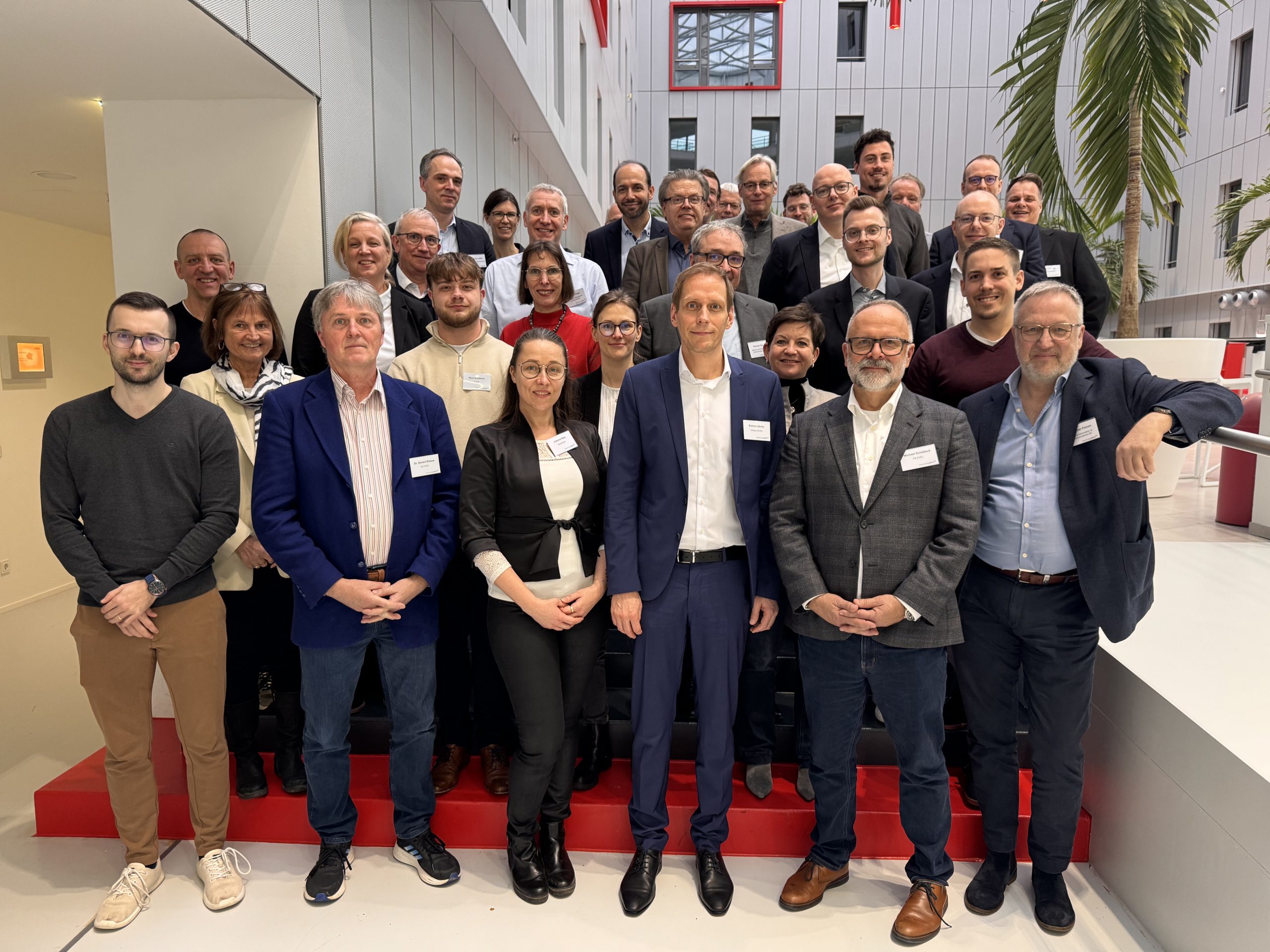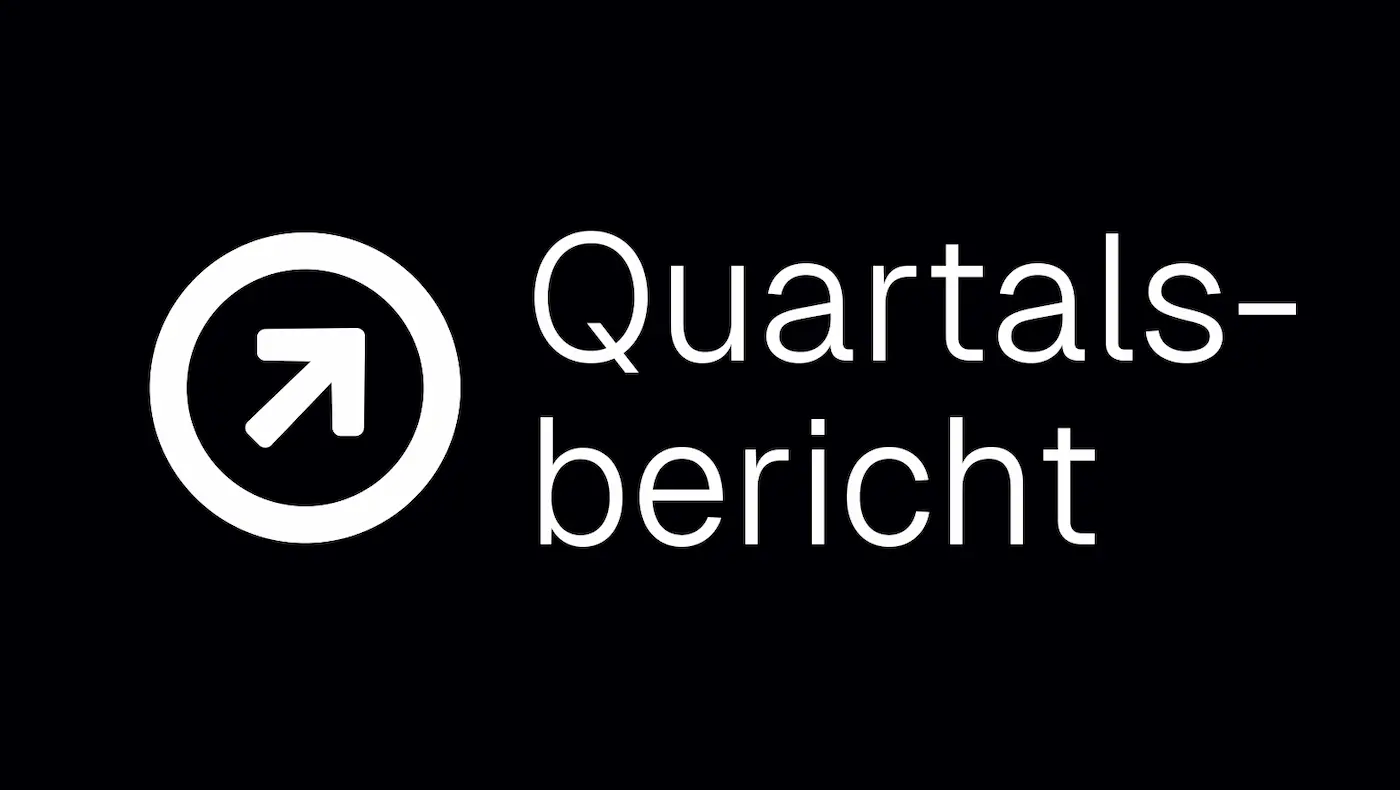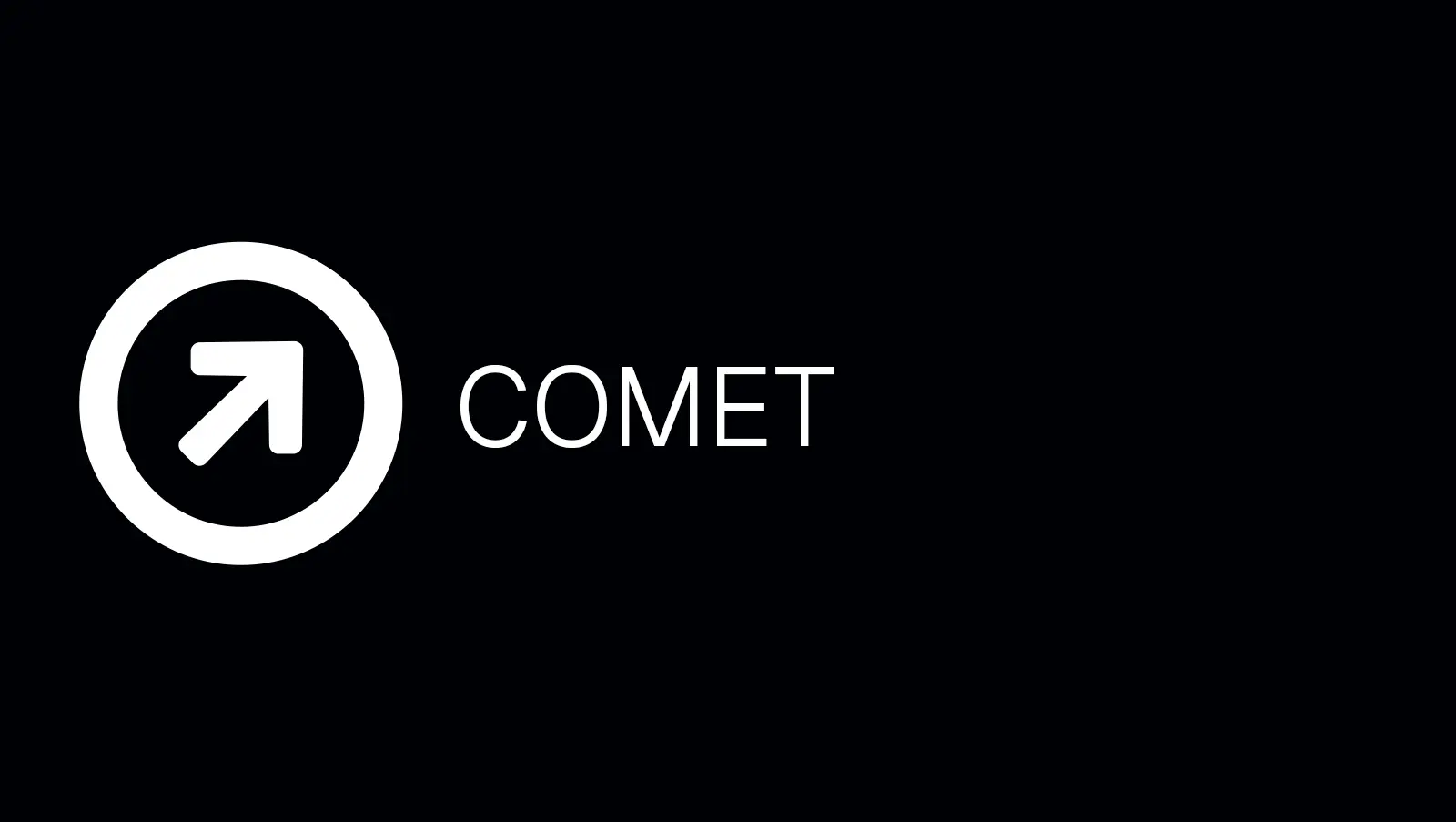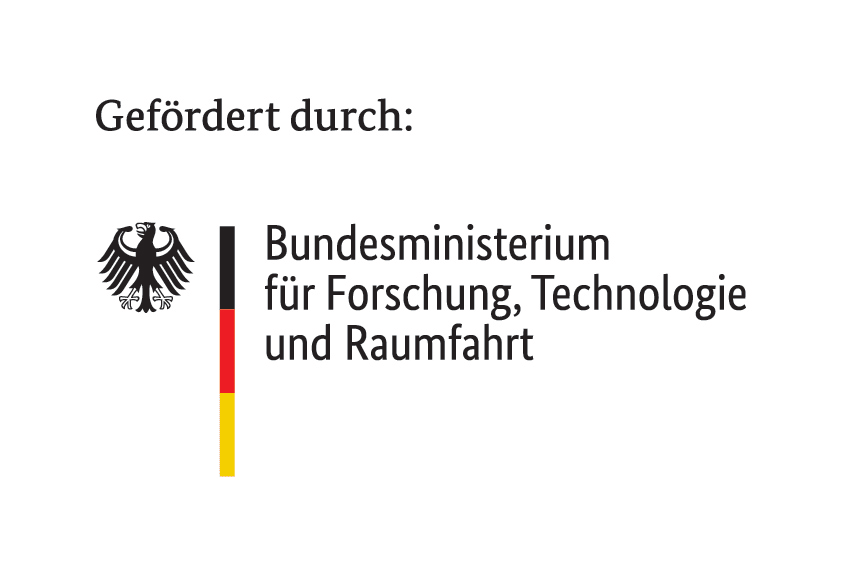Data donation – how users and SMEs benefit
4. February 2025
6 minutes
The COMET application project is tackling the problem of the monopolization of smart living data through voluntary data donation. Prof. Dr. Oliver Hinz and Prof. Dr. Oliver Thomas explain the topic of data donation in an interview.
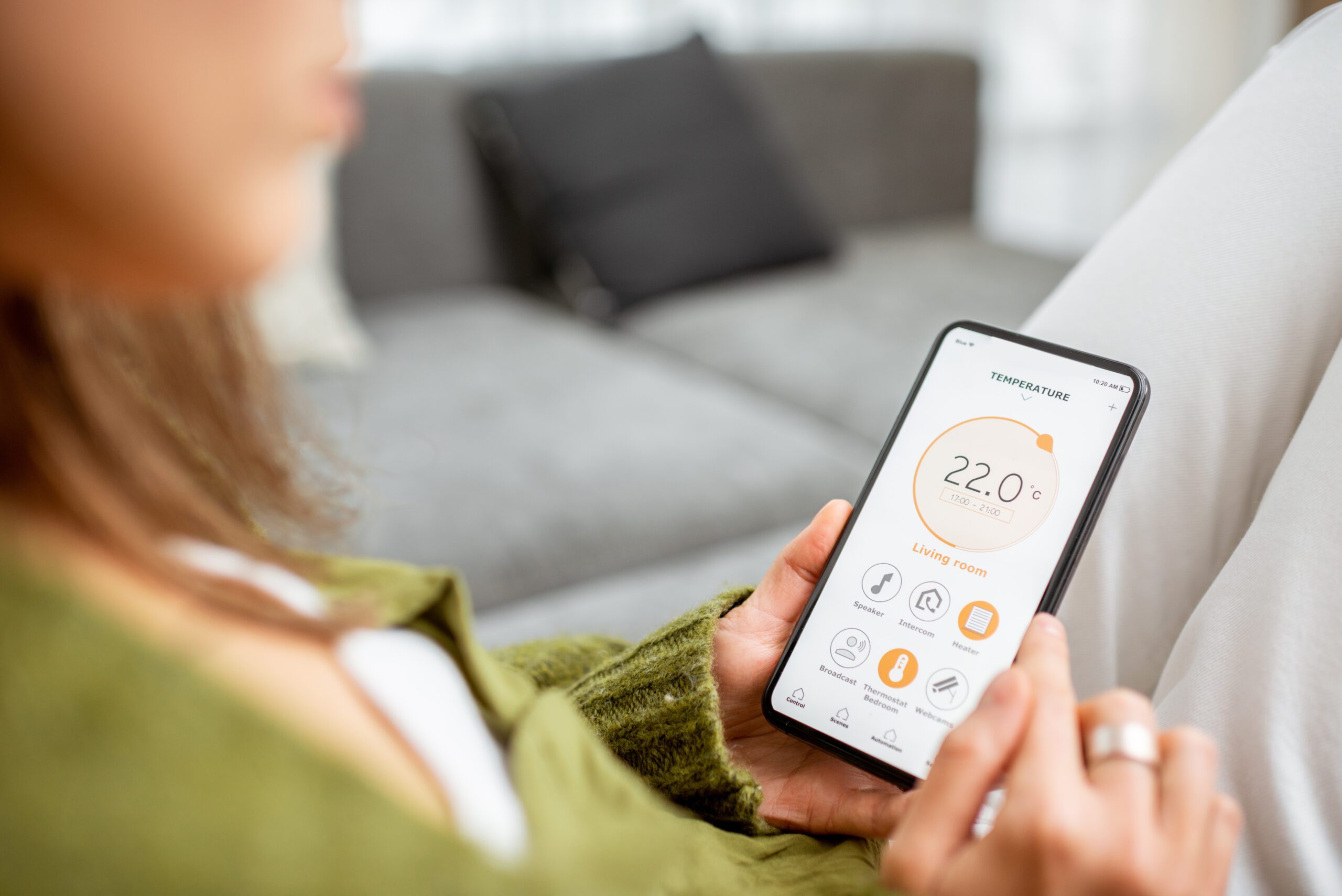
The COMET application project addresses the problem of the monopolization of smart living data. This data is crucial for the creation of intelligent, AI-supported services that can help to overcome social challenges such as the increasing demand for resources and energy in the building sector. COMET will give companies access to valuable data for the development of innovative AI technologies while giving users more control over their own data.
The approach: voluntary data donation. In this interview, Prof. Dr. Oliver Hinz from Goethe University Frankfurt and Prof. Dr. Oliver Thomas from the German Research Center for Artificial Intelligence (German Research Center for Artificial Intelligence (DFKI)) explain what exactly data donation is, why it plays an important role in smart living applications and what benefits it brings.
Prof. Dr. Oliver Hinz, Goethe University Frankfurt
Question: Why is the collection of data crucial for the development of AI-based services?
With artificial intelligence, or more precisely machine learning, we can recognize patterns in data better than humans could. Not only do these models become more powerful with more data, but once trained, they can be used to solve problems in a cost-effective and scalable way. Without data, we cannot train the models, nor can we offer services that could make life easier for all of us. In this respect, we need to find ways to make data sources usable in accordance with European laws. Data donation is one such way that we as citizens should think about. Especially in the area of research or health care, I ask citizens to handle their data carefully but also benevolently and to make it available for purposes in the interests of the donors.
Question: Can other partners participate in the project and if so, how?
First of all, we are further developing the possibility of data donation and earmarked data provision by end users with our partners Powerfox, EHW+ and easierLife and creating the corresponding infrastructure. From a technical, legal and economic perspective. In the medium term, however, we will provide interfaces that will also allow other companies to integrate these options into their products relatively easily and thus enable the flow of data into the SmartLivingNEXT ecosystem. At the same time, we will benefit from the fact that interfaces allow the use of data that has been released for these purposes by the data owners. Based on this, we can develop services that advance the ecosystem. In this way, we hope to successfully address the “chicken-and-egg” problem of the platform economy.
Prof. Dr. Oliver Thomas, German Research Center for Artificial Intelligence (German Research Center for Artificial Intelligence (DFKI))
Question: How do SMEs in particular benefit from the provision of data?
Data is the raw material for all AI-based services. Small and medium-sized companies in particular often find it difficult to access a sufficient amount of data compared to larger companies.
The interfaces and services developed in COMET also enable smaller companies to access valuable data. With easier data availability, SMEs are able to develop and apply innovative AI solutions, enabling them to increase their competitiveness and make their business processes more efficient.
Question: Do consumers also benefit from the provision of their data?
Yes, consumers benefit significantly from the provision of their data. On the one hand, this leads to improved and individualized products that are tailored precisely to their specific needs and preferences. Secondly, the data does not remain in a database at a large US company, where the users have no influence on what happens to the data. In COMET, consumers retain data sovereignty and have the option of withdrawing their data.
In addition, consumers receive customized services in return for providing their data. Examples of this include the identification of potential savings or the optimized operation of appliances in their own home. In this way, consumers can benefit directly from the use of their data, for example by reducing energy costs or increasing the comfort and efficiency of their household appliances.
Question: What does all this have to do with sustainability?
The provision and use of data within the framework of COMET is sustainable. Consumers have the option to withdraw the provision of their data at any time and to view the use of their data. This transparent system ensures that users retain control over their data at all times. Companies can still benefit from this data and develop sustainable AI services, for example.
Through solutions such as those developed in COMET, resource-saving processes can be established and more environmentally friendly products and services can be offered, which contributes to a more sustainable economy overall.
Listen to the article (in German)
Editorial office:
Ivo
Bischoff
Category:
COMET
Copyright information
© rh2010 via stock.adobe.com
